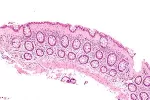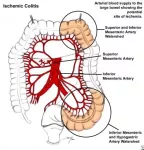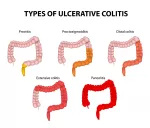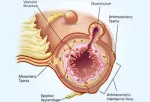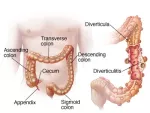
The stomach is a vital organ in the digestive system that plays a crucial role in breaking down food and extracting nutrients from it. Located in the upper abdomen, the stomach is a muscular sac that can expand and contract as needed to accommodate food and aid in the digestive process.
One of the most important functions of the stomach is the secretion of gastric juices, which contain hydrochloric acid and enzymes such as pepsin. These substances work together to break down proteins and other food components, turning them into a soupy mixture called chyme. The stomach also churns and mixes the food, helping to break it down further and facilitate the absorption of nutrients.
In addition to its digestive functions, the stomach also plays a role in regulating appetite and satiety. When the stomach is empty, it secretes the hormone ghrelin, which stimulates hunger and encourages the individual to seek out food. Conversely, when the stomach is full, it sends signals to the brain to decrease appetite and reduce food intake.
Despite its importance in the digestive process, the stomach is also vulnerable to a variety of disorders and conditions. These can include ulcers, gastritis, and gastroesophageal reflux disease (GERD), among others. Symptoms of these conditions can range from mild discomfort to severe pain and can significantly impact an individual\'s quality of life.
Fortunately, many of these conditions can be managed with lifestyle changes or medical treatment. For example, avoiding spicy and acidic foods, as well as alcohol and caffeine, can help reduce symptoms of acid reflux and gastritis. Similarly, medications such as antacids and proton pump inhibitors can help reduce stomach acid levels and alleviate symptoms of ulcers and GERD.
In conclusion, the stomach is a vital organ that plays a crucial role in the digestive process. Its ability to break down food and extract nutrients is essential for maintaining overall health and wellbeing. However, it is also vulnerable to a range of conditions and disorders, and it is essential to maintain a healthy lifestyle and seek medical treatment when necessary to ensure the proper functioning of this essential organ.




